Meet The Inspiring Women Fighting Stereotypes
As part of our #BREAKFREE from labels campaign, we’ve rounded up the inspiring words we’ve heard on judgement and fighting stereotypes this week…
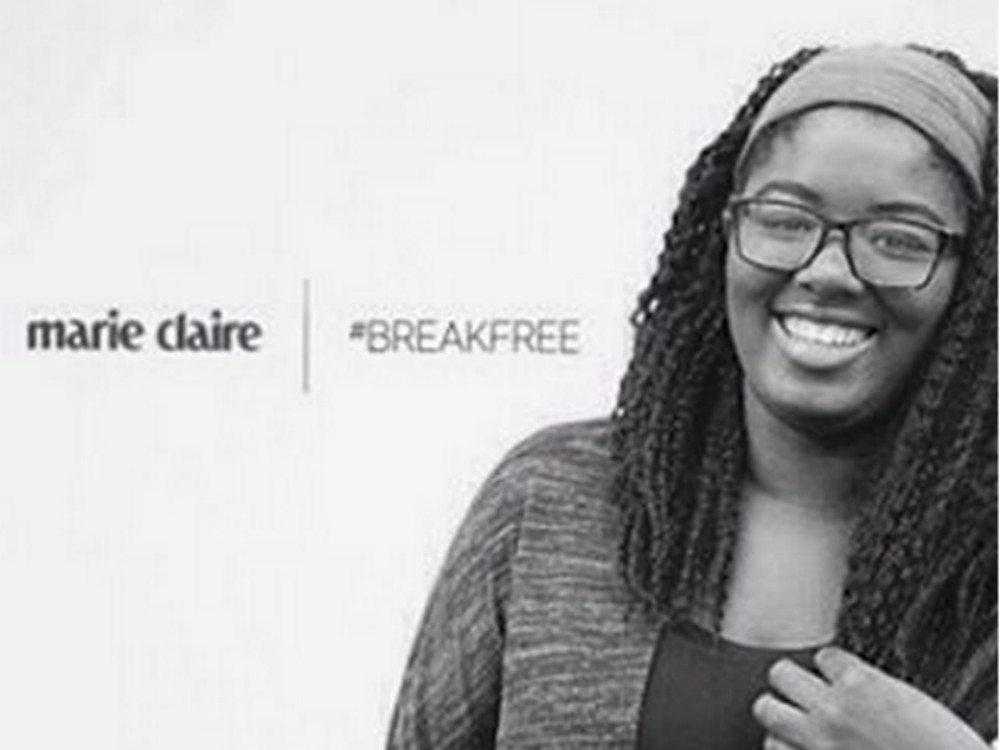
Celebrity news, beauty, fashion advice, and fascinating features, delivered straight to your inbox!
You are now subscribed
Your newsletter sign-up was successful
As part of our #BREAKFREE from labels campaign, we’ve rounded up the inspiring words we’ve heard on judgement and fighting stereotypes this week…
Here are the inspirational stories of four women who have fought labels and overcome stereotypes...
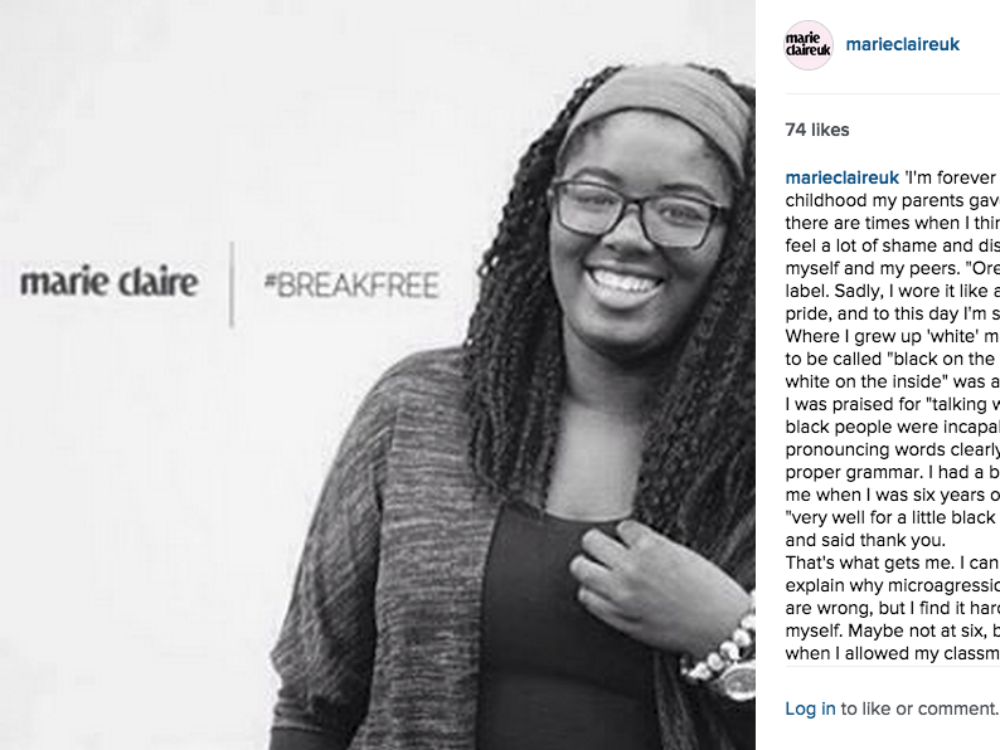
'I'm forever grateful for the childhood my parents gave me, however there are times when I think back and feel a lot of shame and disappointment in myself and my peers. "Oreo" was my label. Sadly, I wore it like a name tag with pride, and to this day I'm sick about it. Where I grew up 'white' meant 'right,' so to be called "black on the outside and white on the inside" was a compliment. I was praised for "talking white" as if black people were incapable of pronouncing words clearly and using proper grammar. I had a bus driver tell me when I was six years old that I spoke "very well for a little black girl." I smiled and said thank you. That's what gets me. I can sit here and explain why microagressions like these are wrong, but I find it hard to defend myself. Maybe not at six, but at sixteen when I allowed my classmates to deliver backhanded flattery. Due to the resentment I harbour about that time in my life, I am now extremely sensitive to anything even remotely racial. I have this switch that comes on and I'm ready to defend. I feel the need to make up for every single instance, in the past, when I didn't combat someone who attributed my good qualities to being white. I want people to know that I'm not pretty for a black girl, I'm not well spoken for a black girl, and I don't act white. I'm pretty, I'm well spoken, and I'm respectful. Period. Overcoming these labels meant not letting them define me. Nothing is more fabulous than self confidence and that's a label I'll wear with honour.' Praxie Osong, psychology student
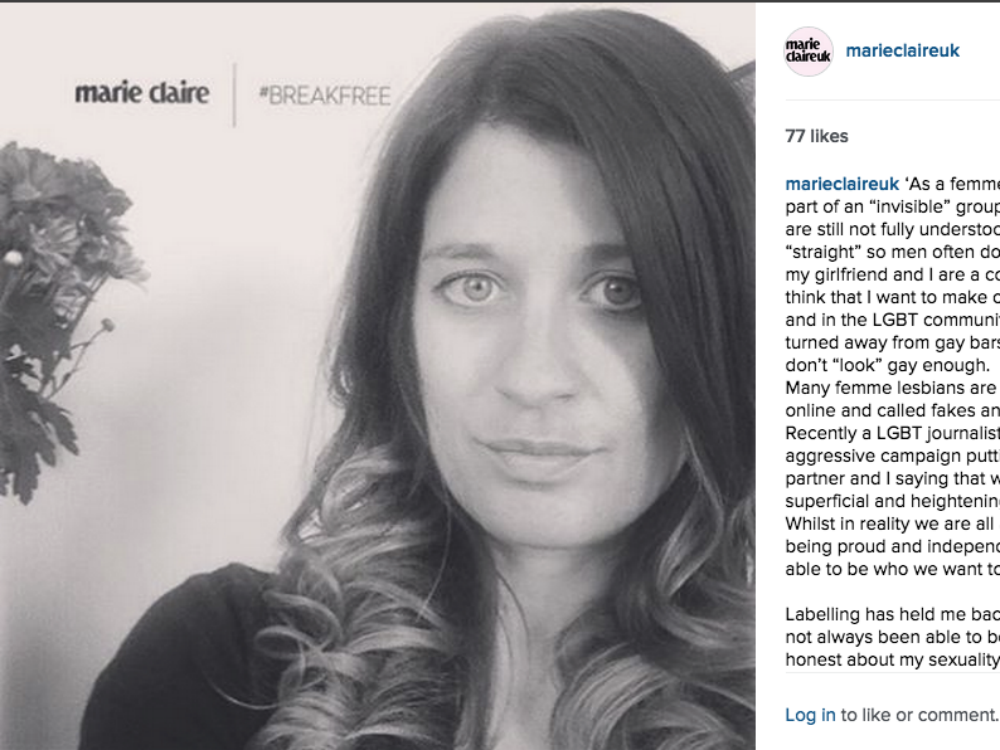
‘As a femme lesbian I am part of an “invisible” group - we exist but are still not fully understood. I look “straight” so men often don’t believe that my girlfriend and I are a couple, women think that I want to make out with them and in the LGBT community, I have been turned away from gay bars because I don’t “look” gay enough. Many femme lesbians are put down online and called fakes and frauds. Recently a LGBT journalist started an aggressive campaign putting down my partner and I saying that we are superficial and heightening gender roles. Whilst in reality we are all about women being proud and independent and being able to be who we want to be. Labelling has held me back in that I have not always been able to be open and honest about my sexuality and I have been scared that people won’t get me. It wasn’t until I launched my dating and matchmaking company for lesbians that I realised it was necessary and indeed important to stand proud as a femme. I have now totally overcome negative labelling and that is why I set up Pink Lobster Dating. I had such a hard time meeting women like me that I knew I had to create a community for women to find women in a safe and supportive way. Just because we are lesbians does not mean that we are all the same or that we fancy all women…I now hold my label as a badge of honour.’ Juliette Prais, Creator of Pink Lobster Dating
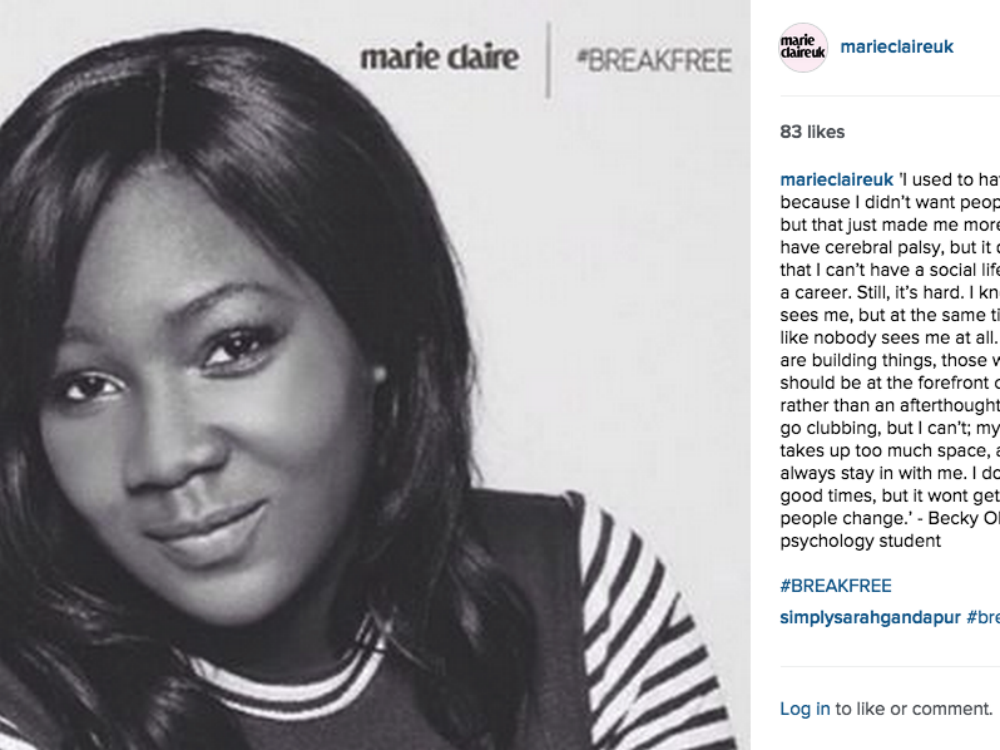
'I used to hate going outside, because I didn’t want people to judge me, but that just made me more miserable. I have cerebral palsy, but it doesn’t mean that I can’t have a social life, or a family, or a career. Still, it’s hard. I know everybody sees me, but at the same time, it can feel like nobody sees me at all. When people are building things, those with disabilities should be at the forefront of their minds, rather than an afterthought. My flatmates go clubbing, but I can’t; my wheelchair takes up too much space, and they can’t always stay in with me. I do have some good times, but it wont get easier until people change.’ Becky Olaniyi, psychology student
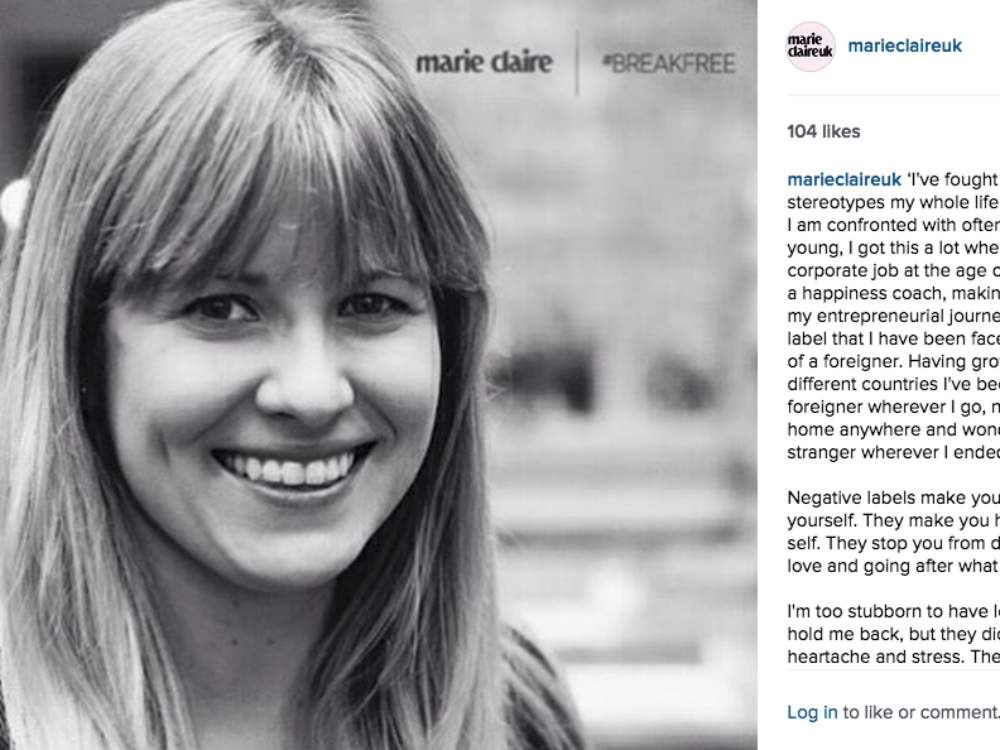
‘I've fought labels and stereotypes my whole life. One label that I am confronted with often is that I’m too young, I got this a lot when I left my corporate job at the age of 25 to become a happiness coach, making me question my entrepreneurial journey. Another label that I have been faced with is that of a foreigner. Having grown up in 4 different countries I've been labelled a foreigner wherever I go, never feeling at home anywhere and wondering if I'd be a stranger wherever I ended up. Negative labels make you question yourself. They make you hide your true self. They stop you from doing what you love and going after what you want. I'm too stubborn to have let my labels hold me back, but they did bring me heartache and stress. They would slow me down in going after my dreams and I'd pretend to be someone I wasn't. I stopped listening to the labels and started creating my own. I stopped caring what people said and made a conscious effort to stop putting myself down. I made it my mission to go after my dreams no matter what anyone said. I surrounded myself with people who were my biggest fans and supporters - and when in doubt, I went to them for encouragement. When people force labels or stereotypes on you, they often don't realise how they make you feel. Often it's their way of dealing with a foreign situation and hence they put a label on you to make it easier for them to get to know you. Be brave enough to tell people that what they're saying is making you feel bad - and then explain to them who you really are.’ Susanna Halonen, happiness life coach
Join the #BREAKFREE discussions on Twitter and Instagram @marieclaireuk
Celebrity news, beauty, fashion advice, and fascinating features, delivered straight to your inbox!
The leading destination for fashion, beauty, shopping and finger-on-the-pulse views on the latest issues. Marie Claire's travel content helps you delight in discovering new destinations around the globe, offering a unique – and sometimes unchartered – travel experience. From new hotel openings to the destinations tipped to take over our travel calendars, this iconic name has it covered.